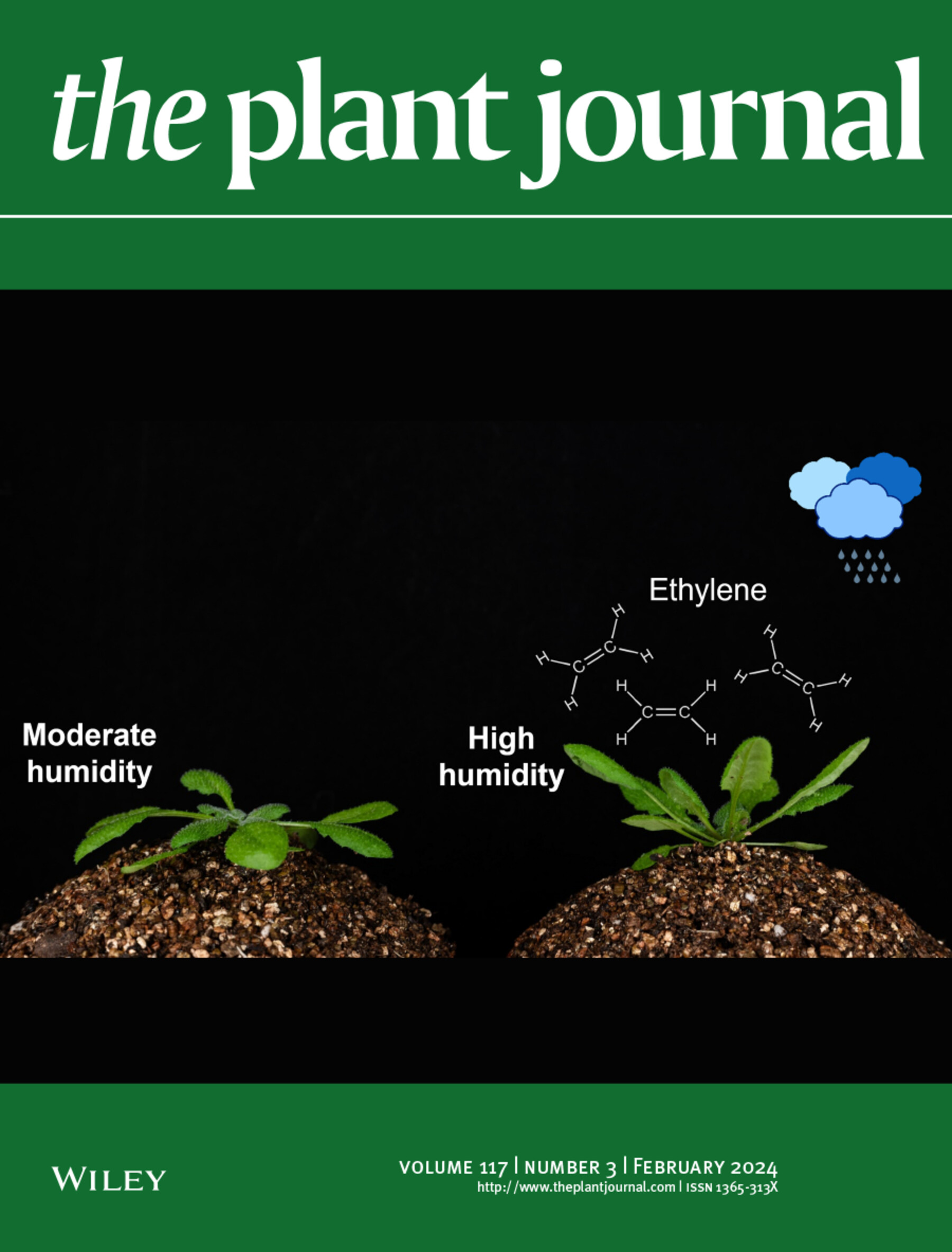OsMATE7-mediated flavonol accumulation regulates pollen tube growth in rice
Abstract
Flavonols have been implicated in male sterility and pollen tube growth for over three decades; however, the molecular mechanisms mediating their accumulation in pollen grains remain poorly understood. In this study, a multidrug and toxic compound extrusion (MATE) transporter, OsMATE7, was identified as a key regulator of flavonol accumulation in mature pollen grains, thereby promoting pollen tube growth in rice (Oryza sativa). Mutation of OsMATE7 resulted in a significant reduction in seed setting rates. Reciprocal crosses between OsMATE7 knockout (KO) and wild-type plants, along with both in vivo and in vitro germination assays, demonstrated that the mutant exhibited male sterility due to defective pollen tube growth. OsMATE7 was found to be specifically expressed in pollen and localized to the endoplasmic reticulum (ER). Diphenylboric acid 2-aminoethylester (DPBA) staining assay revealed a significant reduction in flavonol accumulation in mature pollen grains of OsMATE7. Functional analysis of flavonol transport and flavonoid content confirmed that OsMATE7 serves as a potential flavonol transporter, facilitating the accumulation of flavonols in mature pollen grains. Further investigation revealed that flavonol deficiency in mutant pollen grains inhibited α-amylase activity and blocked starch hydrolysis, ultimately impairing pollen tube growth. These findings elucidate a novel mechanism by which OsMATE7 regulates flavonol distribution to control pollen tube growth, providing new insights into the role of MATE proteins in seed setting and crop breeding.

 求助内容:
求助内容: 应助结果提醒方式:
应助结果提醒方式:


